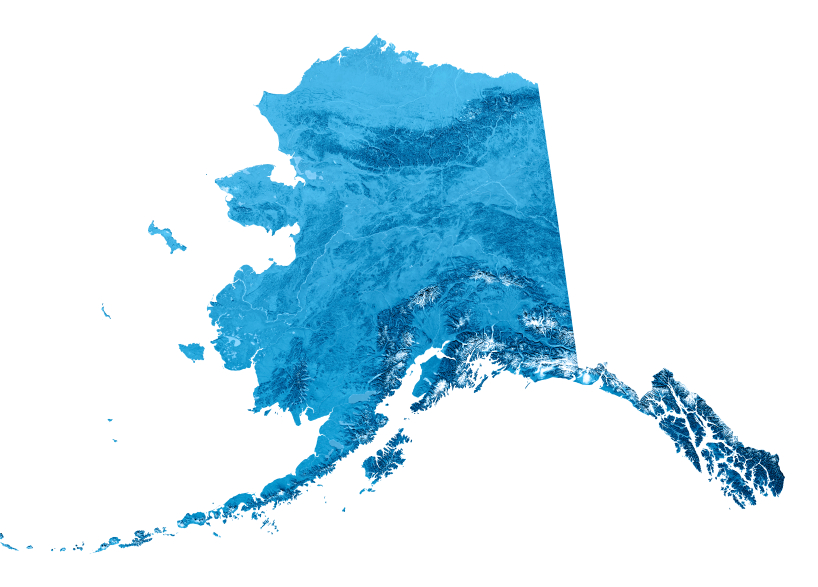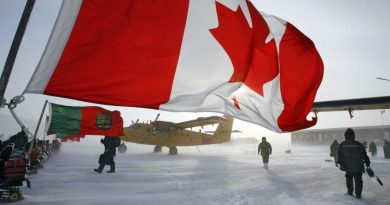Missile defense budget shows continued Alaska role

The ground-based missile defense system, which includes interceptors at Fort Greeley, failed at target practice over the Pacific last year.
Now the Pentagon is asking Congress for money to overhaul the system. The budget request shows Alaska is likely to remain central to missile defense as the system matures.
Missile Defense Agency director James Syring told senators they don’t need to worry about a repeat of last year’s botched test, when an interceptor launched from California missed because the head failed to separate from the booster.
“The failure last July I won’t go into details in this forum, but it was very simple. I’m confident that we’ve corrected that,” he said.
The Missile Defense Agency is asking Congress for $7.5 billion for next year. Syring says one crucial element is a new detection system called LRDR – long-range discrimination radar, which is likely to be based in Alaska. Syring told a Senate Committee he wants to have the billion-dollar radar operating within six years.
“The importance of the radar is that it provides us that needed discrimination capability against the threat from North Korea,” he said. “As they continue to progress and add decoys and counter-measures, and I’ll stop there in terms of classification, we must have a discrimination ability of a radar to counter that.”
Syring says he hopes to announce a location in a few months, but the agency has already told potential contractors to assume the radar will be installed at Clear Air Force Station, near Fairbanks. The budget also calls for 14 more interceptors at Fort Greely, bringing the total there to 40 by mid-2017. One part of Alaska the Missile Defense Agency is giving up on is Kodiak. The agency used to launch rockets from there to serve as targets but stopped in 2010 in favor a Kwajelein atoll in the Pacific. Sen. Lisa Murkowski asked if the Kodiak Launch Facility might be part of a future test. Syring said no, because the testing has to be more realistic now, and the geometry of a launch from Kodiak makes it a poor stand-in for North Korea.
-By Liz Ruskin, APRN
Related stories from around the North:
Canada: Canadian Military explores sunken sailing ship in the Arctic, Radio Canada International
Finland: Finnish defence minister demands extra cash for military, Yle News
Sweden: Finland and Sweden tighten defence co-operation, Yle News
Russia: Putin says Russia will expand its Arctic presence, restore Soviet-era military base, The Associated Press
United States: U.S. Military panel: Climate change policy impacts national security, Alaska Public Radio Network



